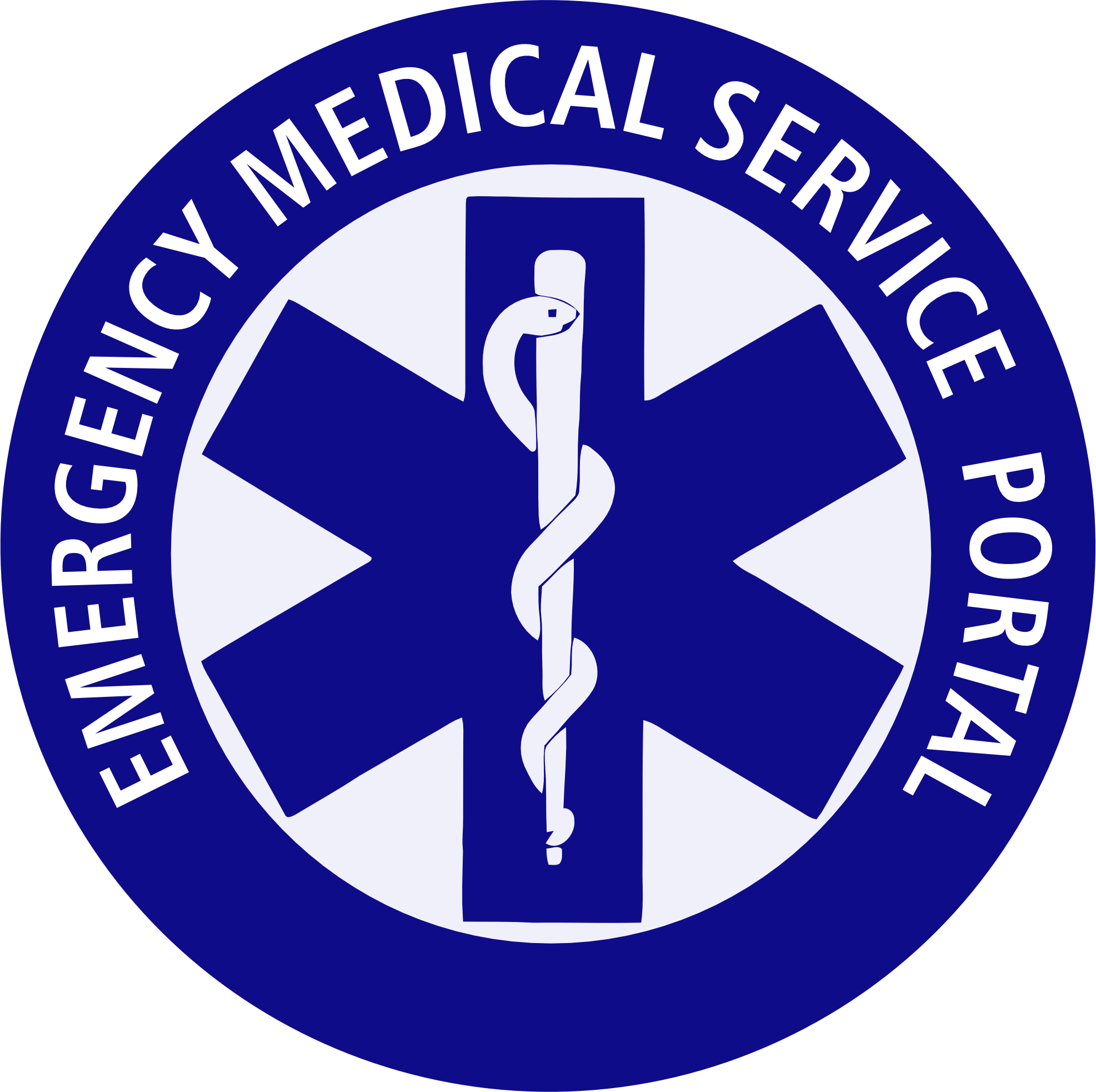Abdominal pain can have different causes and manifest in different ways. Here are some possible causes of abdominal pain:
Digestive disorders: The most common cause of abdominal pain is digestive disorders such as flatulence, heartburn, gastritis or irritable bowel syndrome. These conditions are often associated with changes in diet, consumption of certain foods or stress.
Gastroenteritis: Gastroenteritis, also known as enteric virus or “stomach virus,” is an infection of the digestive system that causes abdominal pain, nausea, vomiting, and diarrhea.
Appendicitis: Appendicitis can cause sharp pain in the lower right part of the abdomen. This condition requires immediate medical attention and sometimes requires surgical intervention.
Pancreatitis: Pancreatitis is an inflammation of the pancreas that can cause severe pain in the upper abdomen, which can spread to the back. These conditions also require medical attention.
Kidney stones: If a stone forms in the kidney or bladder, it can cause intense pain in the lower abdomen or flanks. The pain may be accompanied by blood in the urine and difficulty urinating.
Urinary tract infections: Urinary tract infections, such as bladder infections or pyelonephritis, can cause lower abdominal pain, frequent urination, burning or pain when urinating.
It is important to pay attention to additional symptoms, duration and intensity of abdominal pain. If the pain becomes extremely severe, worsens, or other worrisome symptoms such as fever, bleeding, or loss of consciousness appear, immediate medical attention should be sought.
Note: This information is not a substitute for medical advice. If you have abdominal pain or any health problems, it is recommended to consult a doctor for an accurate diagnosis and treatment.
Abdominal pain can be caused by various conditions and diseases. Here is some additional information about possible causes of abdominal pain:
Inflammatory bowel disease: Inflammatory bowel disease such as Crohn’s disease and ulcerative colitis can cause abdominal pain, changes in bowel movements (diarrhea or constipation), rectal bleeding, and weight loss.
Gallbladder disorders: Gallstones or inflammation of the gallbladder (cholecystitis) can cause sharp pains in the upper abdomen, especially after meals.
Intestinal obstruction: Intestinal obstruction can occur due to the presence of tumors, adhesions, hernias, or other obstructions that prevent the normal flow of food and fluids through the intestines. This can cause severe abdominal pain, vomiting and the inability to defecate.
Ectopic pregnancy: An ectopic pregnancy is a condition in which a fertilized egg implants outside the uterus, usually in the fallopian tubes. This can cause lower abdominal pain, vaginal bleeding and dizziness.
Kidney disorders: Kidney infections, kidney stones, or other kidney diseases can cause lower back pain that may radiate to the abdomen.
Mechanical injuries: Abdominal injuries, such as blows, falls or accidents, can cause abdominal pain. Damage to internal organs such as the spleen or liver can also be a cause of pain.
It is important to note that this is only a list of some possible causes of abdominal pain. Each person can have different symptoms and conditions that lead to abdominal pain. If abdominal pain occurs frequently, is extremely severe or worsens, it is recommended to visit a doctor for an accurate diagnosis and appropriate therapy.



0 Comments